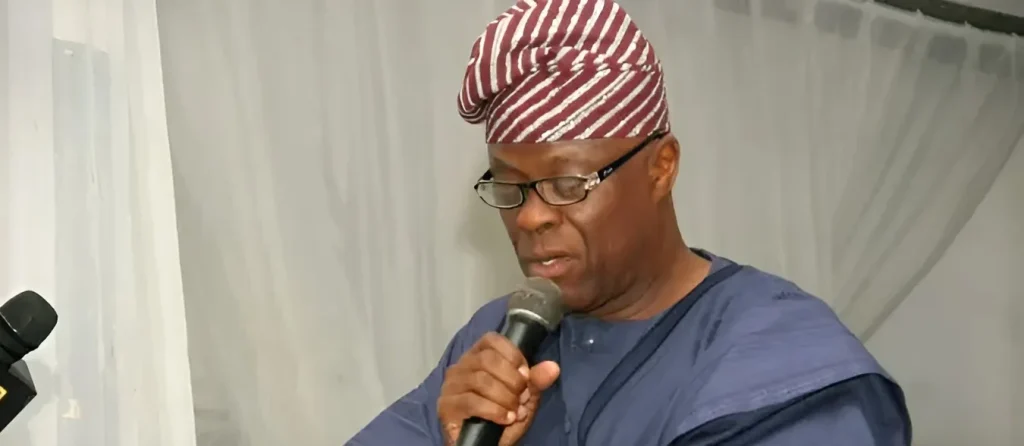
Minister of Finance and Coordinating Minister of the Economy, Wale Edun
Nigeria’s Minister of Finance and Coordinating Minister of Economy, Wale Edun, has cautioned West African nations against depending on external aid and loans to fund development, warning that shrinking global support and rising debt costs leave the region with little choice but to embrace internal reforms and self-reliance.
Speaking at the 11th Annual Conference and General Assembly of the West Africa Association of Public Accounts Committees (WAAPAC) in Abuja, Mr. Edun described the current economic climate as a “defining moment” for Africa.
He pointed out that global trade distortions and declining concessional financing have left developing nations more vulnerable. According to him, developed countries are diverting resources into domestic subsidies, eroding $2 trillion worth of global trade opportunities that once supported emerging economies.
“We have to be more self-reliant. We have to reform our economies, increase our tax-to-GDP ratios, embrace digitisation and AI for revenue efforts, and crowd in the private sector,” Mr. Edun said.
Mr. Edun praised the Tinubu administration for taking tough but necessary steps, including the removal of fuel subsidies and the unification of multiple exchange rates. He argued that these reforms laid the groundwork for a recovery strategy built on two pillars: restoring macroeconomic stability and strategic investments in infrastructure, health, education, agriculture, and technology.
Despite Nigeria’s rising debt, the minister noted that the debt-to-GDP ratio remains at a “comfortable” 38.8 percent. However, he emphasised that borrowing must be tied strictly to projects with measurable returns, highlighting the government’s focus on debt transparency, growth-enhancing borrowing, and coordinated debt treatment.
He also underscored progress in tax reform, pointing to a newly passed comprehensive tax law that reduces burdens on the vulnerable while expanding the tax base and simplifying compliance.
The minister argued that Nigeria’s reforms offer lessons for other West African nations facing similar fiscal pressures. He called for greater reliance on domestic revenue mobilisation, private-sector investments, and technology-driven transparency to reduce dependence on foreign creditors.
He also noted that Nigeria expects to achieve 1.2 million barrels per day in domestic refining capacity by 2026, ending the costly cycle of exporting crude and importing refined products.
“Products made in Nigeria, whether by small, medium, or large manufacturers, are now competitive. That is an opportunity to grow industries, create jobs, and build resilience,” he added.
The WAAPAC conference, hosted by Nigeria’s House of Representatives from 8 to 12 September, brought together lawmakers, auditors, technocrats, and civil society leaders from across West Africa.
Themed “Strengthening Parliamentary Oversight of Public Debt: The Role of Finance and Public Accounts Committees,” the five-day gathering focused on strategies to manage debt, improve fiscal transparency, and safeguard democratic accountability.
Mr. Edun described Nigeria’s hosting of the conference as “a significant privilege and an opportunity to reinforce shared commitment to regional cooperation and fiscal discipline.”